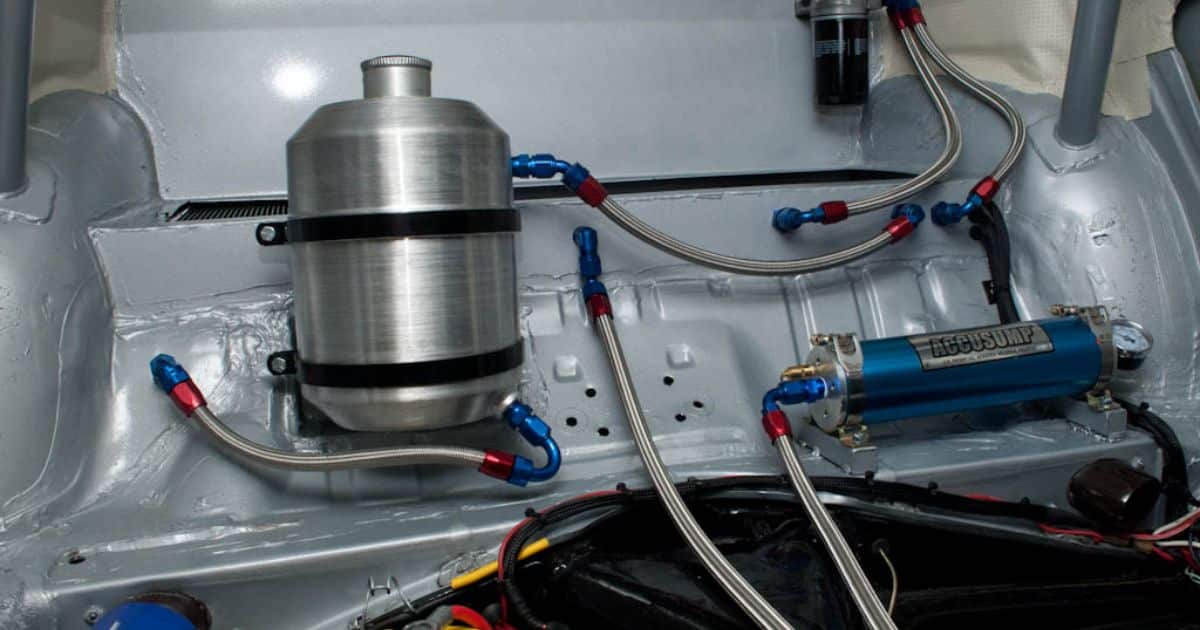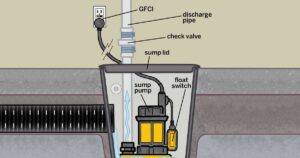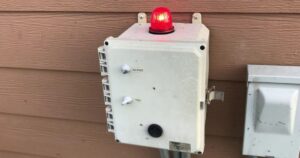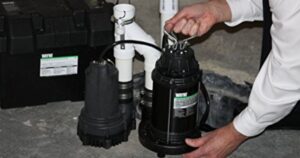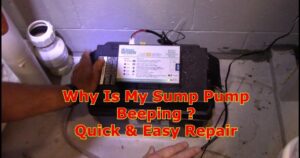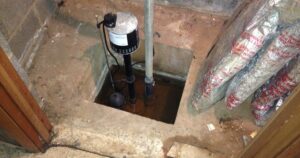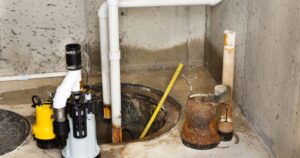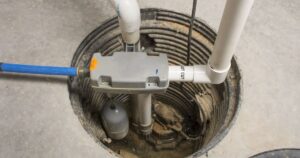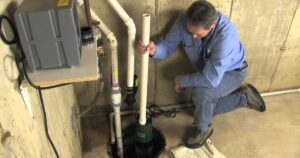Are you concerned about the potential toxicity of the smell emanating from your sump pump? This article aims to provide you with a technical and objective analysis of the issue. We will explore common factors that contribute to sump pump smells and offer solutions to address them. With Apollo Home’s professional sump pump service, we can help ensure your sump basin water levels are optimal and detect any sewer line breaches. Join us as we delve into the intricacies of sump pump functionality and the various odors that may arise.
Key Takeaways
- Sump pump smells are typically caused by clogs, stagnant water, bacteria, and mold growth.
- To address the smell, inspect the pump for damage, remove any clogs or debris, and clean the sump pit with water and bleach/vinegar.
- Using a sump pump deodorizer or odor absorber can help neutralize remaining smells.
- Regular maintenance and checking the float switch and drainage are essential to prevent future odor issues.
Common Issues That Cause Sump Pump Smells
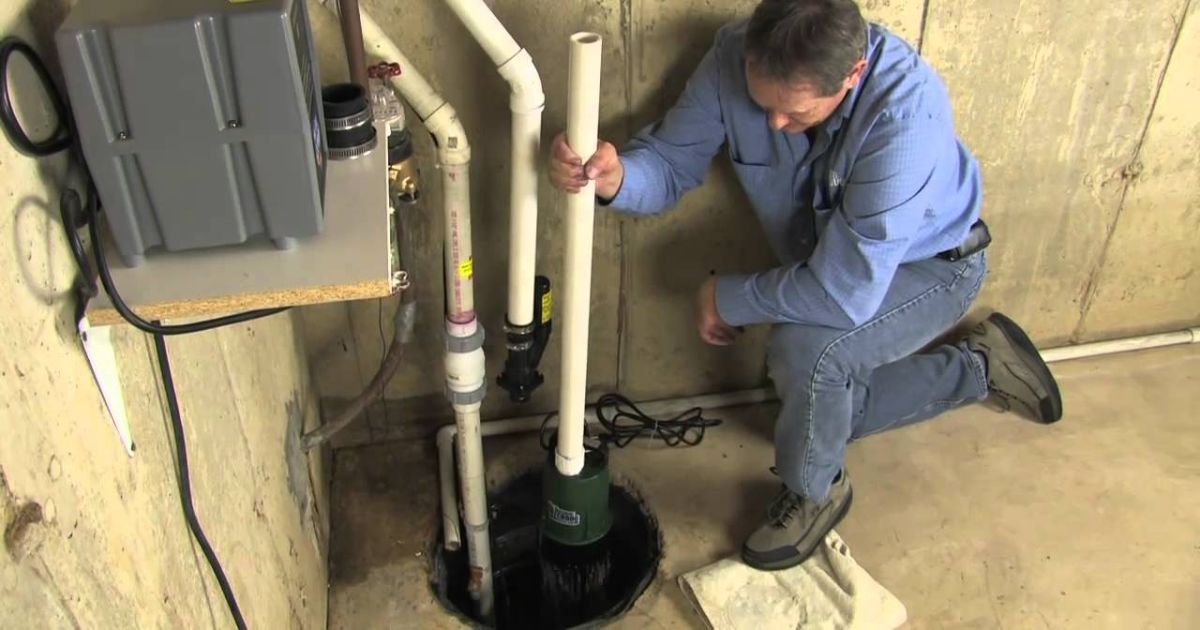
One common issue that can cause sump pump smells is when the pump becomes clogged with debris. When debris such as dirt, leaves, or other particles accumulate in the sump pump, it can obstruct the normal flow of water and lead to a buildup of stagnant water.
This stagnant water can emit unpleasant odors, which can be a cause of concern for homeowners. The presence of debris can also lead to the growth of bacteria and mold, further contributing to the foul smell. To address this issue, regular maintenance and cleaning of the sump pump are essential.
This involves removing any debris and ensuring that the pump is functioning properly. By keeping the pump clean and free from obstructions, homeowners can prevent sump pump smells and maintain a pleasant environment in their basements.
What To Do About a Smelly Sump Pump
To address a smelly sump pump, homeowners should take immediate action to identify and eliminate the source of the odor. The first step is to inspect the sump pump and its components for any signs of damage or malfunction.
Check for clogs or debris that may be causing the smell, and remove them if found. It’s important to clean the sump pit thoroughly using a mixture of water and bleach or vinegar to kill any bacteria or mold that may be causing the odor.
Consider installing a sump pump deodorizer or odor absorber to help neutralize any remaining smells. Regular maintenance, such as checking the pump’s float switch and ensuring proper drainage, can also prevent future odor issues.
Sump Pump Service From Apollo Home
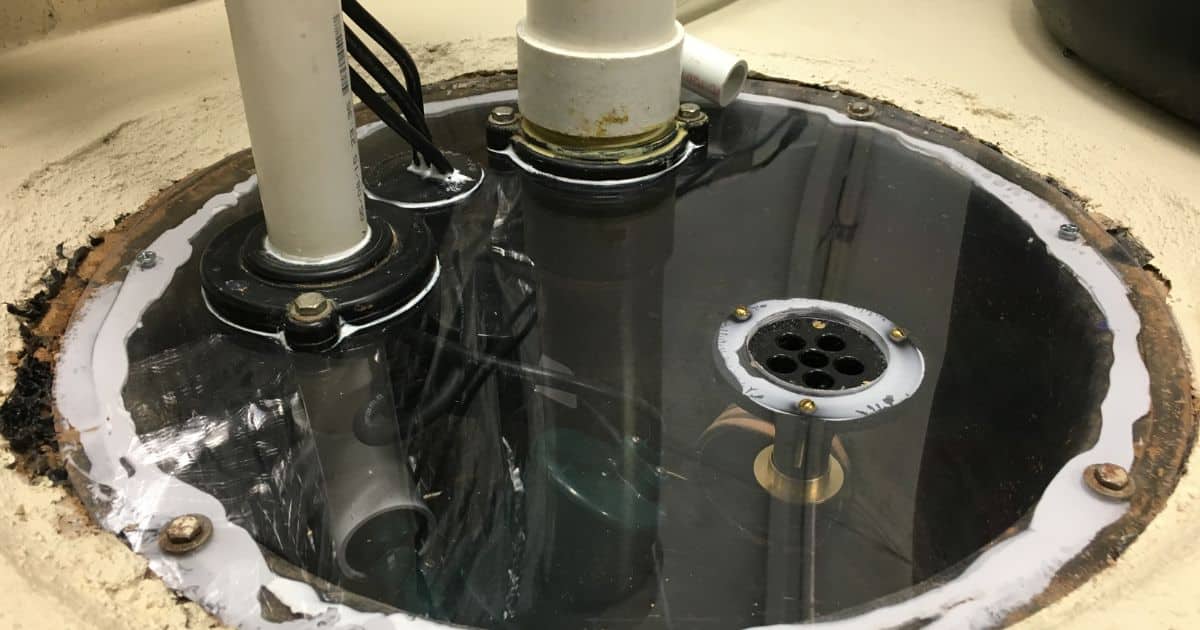
The sump pump service provided by Apollo Home offers homeowners a reliable and efficient solution to their sump pump maintenance and repair needs. With a team of highly trained technicians, Apollo Home ensures that your sump pump is functioning optimally to protect your home from water damage.
The service includes a thorough inspection of the sump pump system, checking for any potential issues or wear and tear. If any repairs are required, the technicians have the expertise to handle them promptly and effectively.
Regular maintenance is recommended to prevent any potential problems and extend the lifespan of the sump pump. Apollo Home’s sump pump service provides homeowners with the peace of mind knowing that their sump pump is in good hands and their property is protected from water damage.
Sump Basin Water Levels
A sump basin’s water levels can fluctuate significantly, and understanding these variations is crucial for maintaining the effectiveness of a sump pump system. The water levels in a sump basin can be influenced by various factors such as rainfall, groundwater levels, and the frequency of water discharge. It is important to monitor the water levels regularly to ensure that they are within the recommended range.
If the water levels are too high, it can put excessive strain on the sump pump and may lead to overflow or flooding. On the other hand, if the water levels are too low, the sump pump may not be able to function properly and may fail to remove water from the basement or crawl space effectively. Therefore, it is essential to adjust the sump pump’s settings or install additional measures such as a water level alarm to prevent any potential issues.
Sewer Line Breach
How can a sewer line breach impact the functionality of a sump pump system, and what to do if your sump pump smells? A sewer line breach can have significant effects on the functionality of a sump pump system. Here are three ways in which a sewer line breach can impact a sump pump system:
- Increased workload: A sewer line breach can lead to a sudden influx of water or sewage into the sump pit, causing the sump pump to work overtime to remove the excess water and prevent flooding.
- Contamination risk: If the sewer line breach involves sewage, it can contaminate the sump pit and compromise the integrity of the sump pump system. This contamination can pose health risks and affect the overall effectiveness of the system.
- Damage to pump components: The presence of sewage or debris in the sump pit due to a sewer line breach can cause damage to the sump pump components, such as the impeller or float switch, leading to reduced functionality or even complete failure.
Understanding the impact of a sewer line breach on a sump pump system is crucial in maintaining proper functionality and preventing potential issues. Now, let’s delve into what exactly your sump pump does.
What Does Your Sump Pump Do
An essential component of your home’s drainage system, a sump pump actively removes excess water from the sump pit and prevents basement flooding. It works by collecting water that accumulates in the sump pit, which is a small hole or reservoir located in the lowest part of your basement or crawl space. This water may enter the pit through drainage tiles or from natural groundwater.
Once the water level in the pit reaches a certain point, the sump pump activates and begins pumping the water out and away from your home through a discharge pipe. By doing so, it helps to keep your basement dry and prevents damage caused by water infiltration. Understanding how a sump pump functions is crucial in identifying the potential causes of any unusual smells that may arise from the device.
What Can A Sump Pump Smell Like?
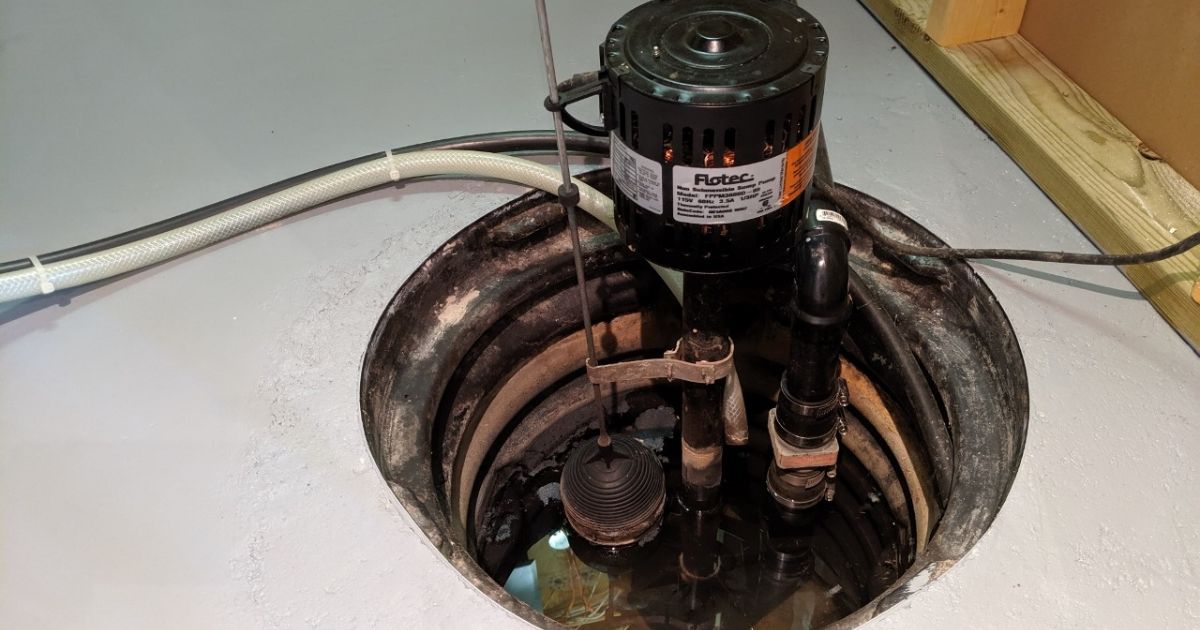
Common sump pump smells include musty odors and sewage-like stenches. These smells can be indicative of various issues that may need to be addressed. Here are three possible smells and their potential causes:
- Musty odor: A musty smell is often a sign of mold or mildew growth. This can occur when water accumulates in the sump pump pit and doesn’t properly drain or when there is excess moisture in the surrounding area.
- Sewage-like stench: If your sump pump emits a sewage-like odor, it could be a sign of a malfunctioning or overwhelmed sewer line. This smell may indicate that sewage is backing up into the sump pit, requiring immediate attention.
- Rotten egg smell: A rotten egg smell is typically caused by hydrogen sulfide gas. This can occur when bacteria break down organic matter in the sump pit or when there is a problem with the water supply.
It is important to identify and address these smells promptly to ensure the proper functioning of your sump pump and prevent potential health hazards.
Frequently Asked Questions
Can a Smelly Sump Pump Be Harmful to My Health?
A smelly sump pump can potentially be harmful to health. The odor may indicate the presence of toxic gases such as hydrogen sulfide or methane, which can cause respiratory issues and other health problems if inhaled in high concentrations.
How Often Should I Clean or Maintain My Sump Pump to Prevent Odors?
To prevent odors, sump pumps should be cleaned and maintained regularly. The frequency of cleaning depends on various factors such as usage, water quality, and environmental conditions. Proper maintenance helps ensure optimal performance and reduces the likelihood of unpleasant smells.
Are There Any Natural Remedies or DIY Solutions to Eliminate Sump Pump Smells?
There are various natural remedies and DIY solutions available to eliminate sump pump smells. However, it is important to investigate the effectiveness and safety of these methods before implementing them.
Can a Sump Pump Smell Indicate a More Serious Plumbing Issue?
A sump pump smell may indicate a more serious plumbing issue. It could be a sign of sewer gas leakage, a malfunctioning pump, or a blockage in the plumbing system. Professional inspection and maintenance are recommended to address the underlying problem.
Are There Any Warning Signs That My Sump Pump May Develop a Foul Odor in the Future?
Warning signs of a future foul odor in a sump pump include unusual noises, frequent cycling, and increased water levels. These indicators may suggest the presence of stagnant water, debris buildup, or potential plumbing issues.
Conclusion
In conclusion, sump pump smells can be caused by various common issues such as sewer line breaches or improper water levels in the sump basin. To address these smells, it is important to take prompt action and seek professional sump pump services. Remember, a smelly sump pump can be likened to a warning sign, alerting homeowners to potential problems that need to be addressed to ensure the safety and functionality of their sump pump system.
